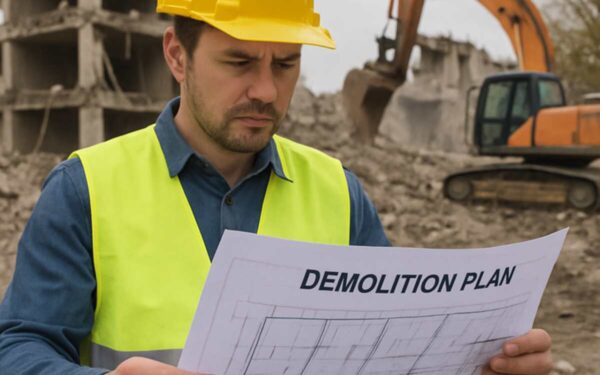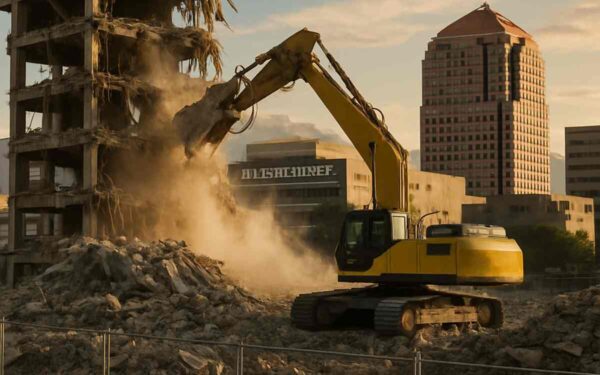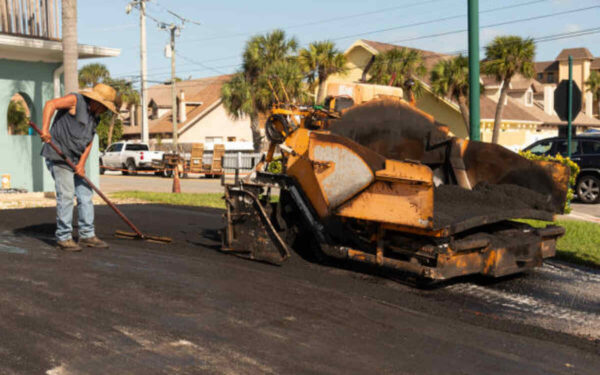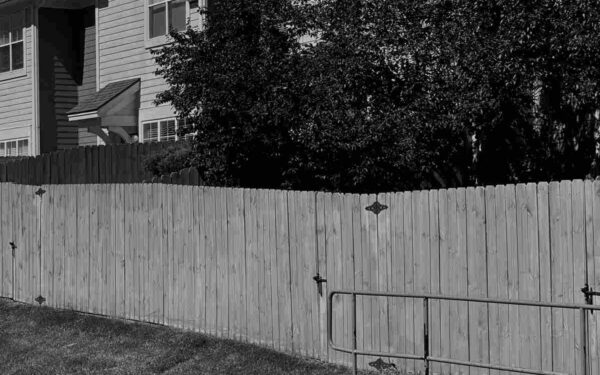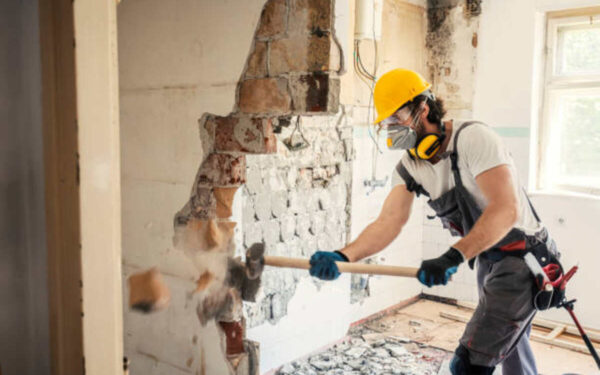Cost Factors for Washington Paving Projects

When embarking on a paving project in Washington, whether for a residential driveway or a commercial parking lot, it is crucial to understand the various cost factors involved. The expenses associated with paving can differ significantly depending on multiple key elements. This article will delve into these elements, providing insights to help you budget effectively and select the right Washington paving contractor tailored to your needs. How do I find the right Asphalt Paving Washington DC?
Understanding the Basics of Paving Costs
Paving represents a considerable investment, and numerous factors contribute to the total cost. Having a clear understanding of these components is essential for making informed decisions that align with both your budget and project goals.
Materials: The Foundation of Your Project
The choice of paving material is perhaps the most significant factor influencing the cost. Each material presents a unique set of benefits and price points, influencing both the initial and long-term financial investment.
- Asphalt: Often selected for its combination of durability and cost-effectiveness, asphalt is a popular choice for driveways and parking lots. Its flexibility makes it resistant to cracking in colder climates, and its dark color can help melt snow faster during winter months, adding an element of practicality.
- Concrete: Known for its longevity and minimal maintenance requirements, concrete is an excellent choice for those willing to invest more upfront. While it has a higher initial cost, its durability often leads to savings on repairs and maintenance over time. Concrete’s versatility in design also allows for various finishes and textures, enhancing aesthetic appeal.
- Pavers: Offering unmatched aesthetic versatility, pavers are ideal for pathways and driveways. They come in various shapes, colors, and patterns, allowing for customized designs that enhance the visual appeal of a property. Although more expensive than asphalt and concrete, pavers offer easy repair options—individual units can be replaced without impacting the overall structure.
The choice of material will significantly affect both the initial cost and the long-term maintenance expenses, influencing the overall value of your investment.
Project Size and Scope
The size and scope of a paving project are critical determinants of the overall cost. Larger projects naturally require more resources, but there are nuances to consider that can impact pricing.
- Economies of Scale: Larger projects may benefit from economies of scale, where the cost per unit decreases as the size increases. Some contractors offer discounts for large-scale projects, which can make extensive endeavors more financially feasible.
- Complexity of Design: The complexity of the design can also affect costs. Projects with intricate patterns or special design features may require additional labor and specialized skills, impacting the overall budget.
- Timeframe and Scheduling: The project’s timeline can also influence costs. Tight deadlines may necessitate additional resources or overtime pay, increasing the overall expense. Discussing flexible scheduling options with your contractor can sometimes lead to cost savings.
Site Preparation Requirements
Before paving begins, thorough site preparation is essential, impacting both the timeline and the budget.
- Excavation and Grading: Proper excavation and grading ensure a stable foundation for the paving materials. This process can involve removing existing structures, leveling the ground, and addressing any drainage issues. The extent of these activities will depend on the site’s current condition and the intended use of the paved area.
- Soil Stability and Drainage: Sites with unstable soil or poor drainage require additional preparation. Reinforcing the ground and installing drainage systems can prevent future issues such as cracking or water pooling, protecting your investment in the long term.
- Environmental Considerations: In some cases, environmental regulations may dictate specific site preparation requirements to minimize ecological impact. This can include measures to control erosion, manage runoff, and protect local flora and fauna, potentially adding to the project’s complexity and cost.
Choosing the Right Washington Paving Contractor
Selecting a reputable paving contractor is crucial to the success of your project. The choice of contractor can significantly impact the quality, timeline, and overall satisfaction with the completed work.
Experience and Reputation
Experience and reputation are paramount when selecting a contractor. These attributes can provide insight into the quality and reliability you can expect.
- Proven Track Record: Contractors with a history of successful projects are more likely to deliver high-quality results. Reviewing past projects and seeking testimonials from previous clients can provide reassurance of their capabilities.
- Handling Challenges: Experienced contractors are better equipped to manage unexpected challenges that may arise during the project. Their familiarity with common issues and solutions can prevent costly delays and ensure a smoother process.
- Community Reputation: A contractor’s reputation within the local community can also be indicative of their reliability. Engaging with local forums, reading online reviews, and speaking with past clients can offer valuable insights into their business practices and customer satisfaction.
Licensing and Insurance
Ensuring that your contractor is properly licensed and insured is critical for protecting your interests throughout the project.
- Verification of Credentials: Confirm that the contractor holds the necessary licenses to operate in Washington. These credentials ensure they meet specific industry standards and regulations.
- Insurance Coverage: Adequate insurance protects you from liability in the event of accidents or damages during the project. Request proof of insurance and understand the extent of the coverage provided.
- Compliance with Local Regulations: Licensed contractors are typically well-versed in local building codes and regulations, ensuring your project complies with all legal requirements. This expertise can prevent costly fines and modifications in the future.
Detailed Estimates and Transparent Pricing
Transparent pricing and comprehensive estimates are essential for budgeting and avoiding unexpected expenses.
- Breakdown of Costs: Request estimates that detail the costs of materials, labor, and additional services. This breakdown helps you understand where your money is allocated and allows for informed decision-making.
- Clarity and Honesty: Contractors who provide clear, honest estimates demonstrate a commitment to integrity and customer satisfaction. Avoid contractors who offer vague estimates or are unwilling to provide detailed breakdowns.
- Comparative Analysis: Obtaining multiple estimates from different contractors can provide a broader perspective on fair pricing and help identify the best value for your investment.
Additional Factors Influencing Paving Costs
Beyond the primary considerations, several additional factors can influence the cost and success of your paving project.
Local Climate and Weather Conditions
Washington’s climate plays a significant role in the planning and execution of paving projects.
- Impact of Rainfall: Frequent rainfall can affect the curing time of paving materials and may necessitate specific construction methods to enhance durability and prevent water damage.
- Temperature Fluctuations: Temperature variations, particularly between seasons, can impact material selection and installation techniques. Choosing materials that withstand these fluctuations can enhance the longevity of your paving.
- Seasonal Timing: The season in which you undertake your project can also affect costs. Weather conditions can influence the availability of materials, labor costs, and project timelines.
Permits and Regulations
Compliance with local regulations is essential and can affect both the timeframe and the budget of your project.
- Permit Requirements: Depending on the project’s location and scope, obtaining permits from local authorities may be necessary. This process can involve additional costs and time, impacting overall planning.
- Zoning Laws and Restrictions: Understanding local zoning laws and restrictions can prevent legal issues and ensure your project aligns with community standards.
- Assistance from Contractors: Experienced contractors can often assist with navigating the permitting process, ensuring all necessary approvals are obtained efficiently.
Maintenance and Longevity
Considering the maintenance and longevity of your paving project can lead to long-term savings and satisfaction.
- Quality Investment: Investing in high-quality materials and workmanship upfront can reduce maintenance costs and extend the lifespan of your paved surfaces.
- Regular Maintenance Plans: Discussing maintenance requirements with your contractor can provide a clear understanding of ongoing costs and necessary upkeep to preserve the integrity of your paving.
- Future-Proofing: Planning for future needs and potential expansions can influence initial design and material choices, optimizing the value and functionality of your investment.
Conclusion
Planning a paving project in Washington requires careful consideration of various cost factors. By understanding the impact of materials, project size, site preparation, and contractor selection, you can make informed decisions and ensure a successful outcome. Remember, the cheapest option may not always be the best in the long run. Prioritize quality and reliability to get the most value from your investment.
Choosing the right Washington paving contractor is crucial. Look for experience, transparent pricing, and a strong reputation to ensure your project is completed to the highest standard. With the right approach, your paving project can enhance the functionality and aesthetic appeal of your property, providing lasting benefits for years to come.

